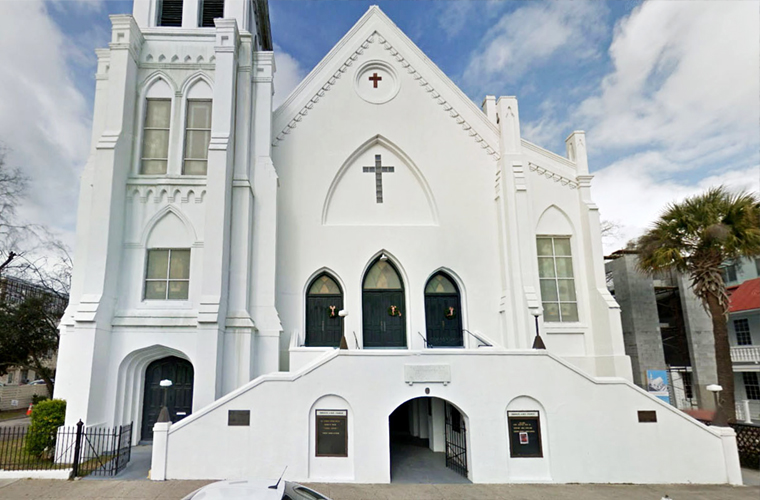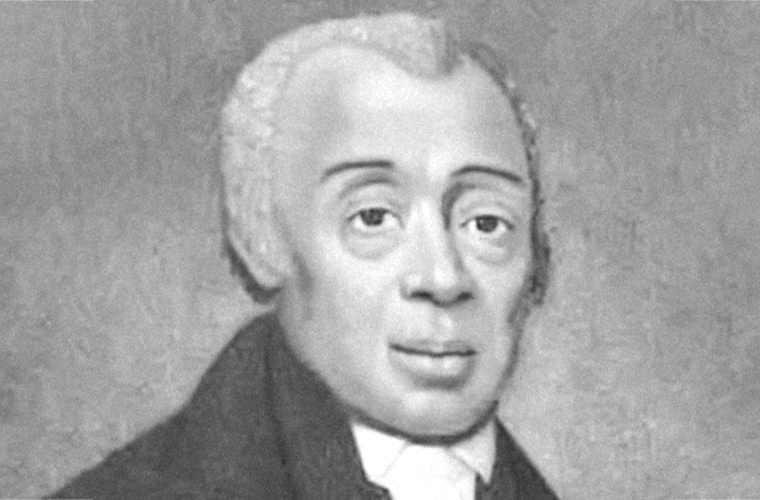Richard Allen (1760–1831) was a prominent African American religious leader, abolitionist, and founder of the African Methodist Episcopal (AME) Church. He is considered one of the most influential figures in African American history and played a significant role in the fight against racial discrimination and the establishment of independent Black churches.
Born into slavery in Philadelphia, Pennsylvania, Allen and his family were sold multiple times before he gained his freedom in 1783. He became a licensed Methodist preacher in 1784 and, along with his friend Absalom Jones, attended services at St. George’s Methodist Episcopal Church in Philadelphia. However, racial discrimination led to their expulsion from the church’s segregated seating area, which prompted Allen and Jones to establish their own religious organization.
In 1787, Allen founded the Free African Society, a mutual aid organization that provided spiritual support and social services to the African American community in Philadelphia. The society’s members, known as “African Methodists,” were instrumental in establishing the first African American Methodist congregation in 1794, known as Bethel African Methodist Episcopal Church.

Under Allen’s leadership, Bethel AME Church grew rapidly and became a central institution for the African American community in Philadelphia. In 1816, Allen and other African American Methodist leaders organized the first General Conference of the AME Church, officially establishing it as an independent denomination. Allen was elected as the first bishop of the AME Church, making him the first African American bishop in the United States.
Richard Allen’s influence extended beyond the religious sphere. He was an advocate for social justice and education, founding schools for African American children and supporting efforts to improve the lives of free Black people. He was actively involved in the abolitionist movement, promoting the cause of emancipation and working to end slavery.
Richard Allen passed away in 1831, but his legacy lives on. The AME Church, which he founded, remains a vital institution within the African American community and a symbol of Black empowerment and spiritual resilience. Allen’s commitment to equality and justice continues to inspire generations, and he is remembered as a pioneering figure in the fight against racial discrimination and the establishment of independent Black churches in the United States.

